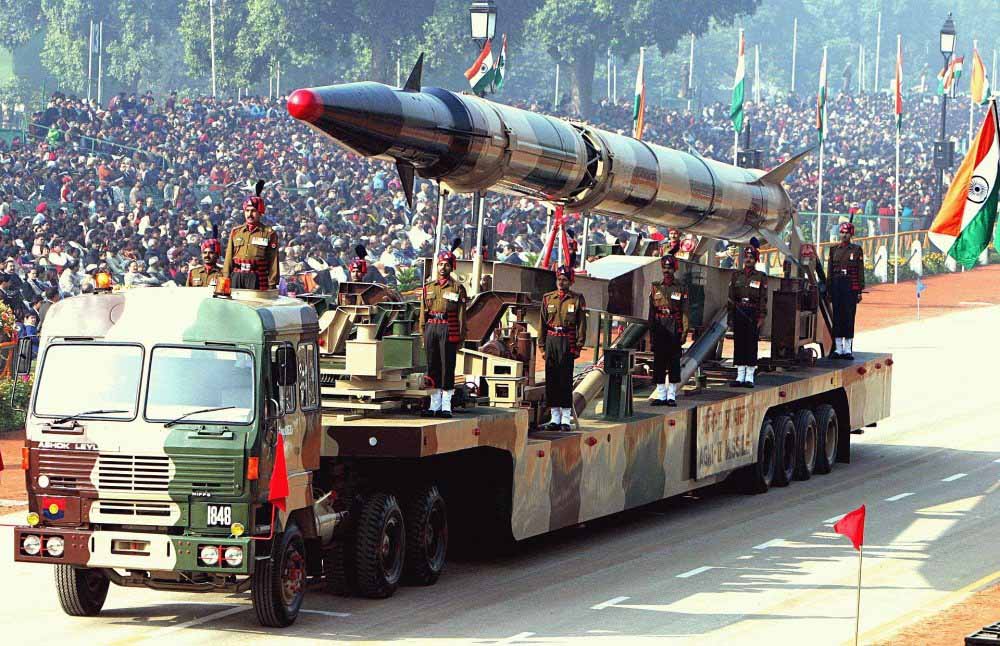Francis Fukuyama’s utopian dream of the “End of History and the Last Man” which he predicted at the end of the Cold War in his well-known book by the same title published first in 1992, still remains a far cry, despite the almost total victory of liberal democracy over Communism in the entire world. In a nutshell, what the author implied was that after the establishment of liberal democracy (often treated as synonymous with Capitalism by many Western intellectuals) all over the world, there would no longer be any contradictions and frictions left, hence there would be no need for society to want to move to another state of being. In the metaphoric sense history, sociology, economics, and other social sciences, would all be on just one path needing no course correction. When you are perfect, there obviously would be no longer the urgency to change. Of course, this also implies that the republican man is also the last man, for like the republic, he too would be the perfectly liberal citizen of the world. He ceases to be aggressive, he is tolerant, accommodative, believes in the larger human identity rather than be segmented into localised nationalistic ones. In short, he succeeds in erasing boundaries between him and the rest of humanity. One cannot help sensing a bitter irony in the ideal republican’s new identity as the last man. Is he the last man because he is too perfect, or is he the last man because he ceases to be human having lost all worldly drives, motivations and longings?
History has not ended and the last man still remains elusive. Without taking him too literally, it must however be conceded so many other things that Fukuyama predicted are today’s reality. As for instance, it is generally agreed that two democratic nations seldom go to war. The UNDP’s Human Development Report of 2001 has statistics that support this and has much to say on this matter while pleading for a campaign to deepen democracy throughout the world. Even at the individual level, most of us probably would have noticed that democratic minded neighbours hardly ever fight. Instead, they discuss and debate out matter of conflicting interests and settle them amicably on mutually satisfactory terms marked by a give and take approach of accommodation. But has this meant an end to conflict and war? Either because democracy is not perfect or because the popular notion of the republic is still flawed, war, although perhaps much more infrequent, is still a reality. In again a bitter irony, every republic which is supposed to be the historical landmark of the end of conflict, still takes pride in its war preparedness. The identity and the greatness of a republic, is still determined by its war machinery.
India is no different. All other republics do it too, but on January 26, when India celebrated its 74th Republic Day, the day the nation is supposed to have dedicated itself to its citizens, as expected it would be showcasing its military might, parading on the stately stretch of the Raj Path, outside the Rashtrapati Bhavan, all the very best of the military hardware in the country’s possession. The cultural component of the parade would not only be outdone in number but also overwhelmed in spirit as well. Republic Day, have no doubt, is not a carnival of the people the Republic is dedicated to. It is much more a show of how great the Republic’s military might is. And this sabre rattling is what the Republic, any Republic, claims is a message of peace. Apart from the obvious conclusion that the Republic and its people are not one and the same thing, this is also perhaps another demonstration that the state and its military are inseparable. This is not surprising for the very foundation of the state necessarily rests on a platform of military and its violence potential. This further implies that any serious challenge to the republic would have to be military. This story is repeated at every conflict theatre – Middle East, Sri Lanka, Ireland, East Europe, Korean Peninsula and indeed the Northeast. These are dark forebodings, and for those of us in conflict torn Manipur, it also means there is no easy end to the violence we are immersed in. So Fukuyama, congratulations you made it to the list of top 100 intellectuals of the world drawn up by the prestigious American journal “Foreign Policy” thirty years ago. Thank you for your theory, but sorry it is not complete. History has not ended nor is it ever likely to. Not the economic woes of the world either despite the Capitalist model’s seeming triumph. The recession the Capitalist West is going through currently would have made a lot to do a bit of rethink.
In a way, what Fukuyama predicted, is what Karl Marx did so before him. The State has not withered away into insignificance as Marx prophesised, nor is it being replaced by what he called the “dictatorship of the prolateriat” when the people themselves are their own masters. Quite to the contrary, the has become more domineering in the years that have gone by everywhere in the world. But again, perhaps Marx was right though for all the wrong reasons. The State is not withering, but there has been an increasing tendency everywhere for it to rot away and metamorphose into something new and terrifying. So many former democracies are now tending towards authoritarianism, with all the freedoms that the idea of democracy itself defines receding, and the institutions once described as the vital pillars of the edifice of democracy slowly but surely surrendering their autonomy either by coercion or voluntarily. The media, judiciary, universities, theatres, filmdom and more are now left fearful of speaking truth to power, and showing inclination to align with power for a share of its spoils. All true republican’s challenge more than ever is now of resisting their republics transforming into banana republics.










